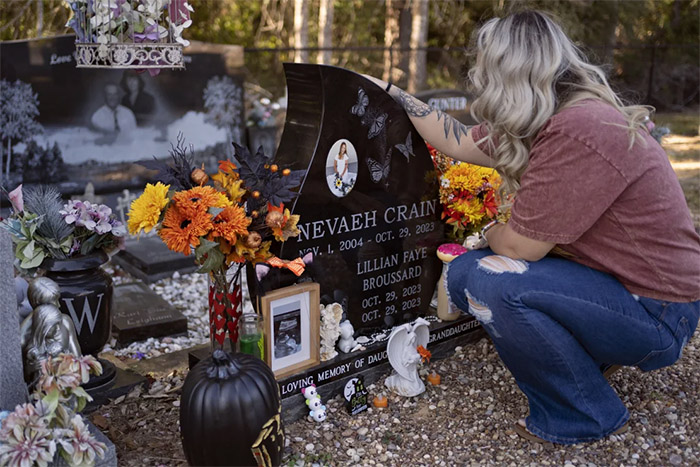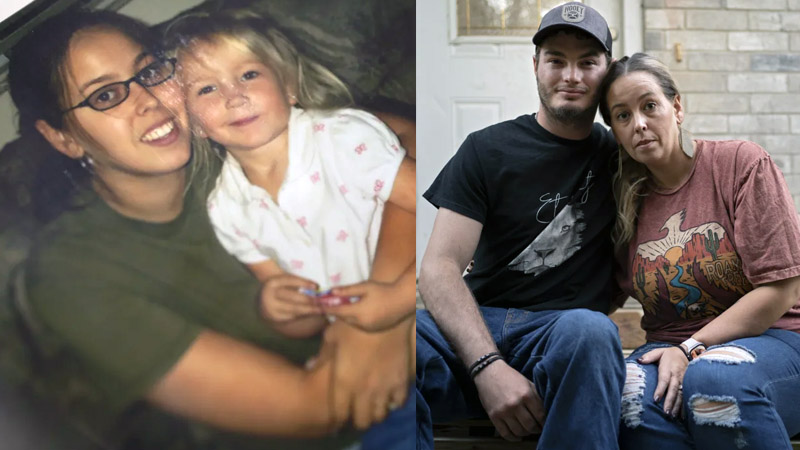Not long after celebrating her baby shower, Crain began feeling unwell, developing a fever, nausea, and vomiting. She pushed through her discomfort, but by 3 p.m., her family became concerned and decided to take her to the emergency room.
Crain’s boyfriend drove her to the nearest hospital, where they waited nearly four hours before being seen. At the first hospital, Crain was diagnosed with strep throat but, despite her complaints of sharp abdominal cramps, her abdominal pain went uninvestigated. She was given antibiotics and sent home, according to ProPublica.
That night, Crain’s pain intensified, and she woke her mother complaining of severe stomach cramps. Her mother rushed her to a second hospital, where doctors diagnosed Crain with sepsis. However, the medical team confirmed that her six-month fetus still had a heartbeat and, assuring the family she was stable, discharged her after administering IV fluids, a single dose of antibiotics, and Tylenol. Despite these treatments, her fever persisted, her pulse remained high, and the fetal heart rate was unusually fast.
The doctor at this hospital also noted she had a urinary tract infection and wrote a prescription for antibiotics before sending her home. Upon returning, Crain’s pain was unrelenting. While attempting to use the bathroom, she discovered blood staining her underwear—a clear sign something was seriously wrong. Her mother’s fears of a miscarriage seemed to be confirmed.

Early the next morning, they returned to a third hospital, where Crain continued to deteriorate, repeatedly saying she felt like she was about to pass out. Medical staff started her on IV antibiotics, but the OB-GYN on duty reported they could not find a fetal heartbeat. A second ultrasound was eventually performed, confirming fetal demise.
Crain’s condition had worsened so significantly that she could not sign consent forms due to the intense pain, so her mother had to sign on her behalf to allow an emergency C-section. The doctors were severely limited by Texas’ near-total abortion ban, which restricts medical intervention unless the mother’s life is at clear and immediate risk. Crain’s medical team could only intervene if her condition became dire enough to justify removing the unviable fetus.
Tragically, it was too late. Suspecting internal bleeding and a severe complication of sepsis called disseminated intravascular coagulation (DIC), doctors realized the gravity of her condition. Crain was rushed to the ICU, but she passed away hours later.
ProPublica reported that if Crain had needed an early delivery, the hospital was fully equipped to care for her baby. However, Texas’s restrictive abortion laws delayed necessary intervention, resulting in her untimely death. Crain is now one of at least two Texas women who have died due to limitations under the state’s abortion ban.
Her story underscores the complexities and devastating consequences that restrictive abortion laws can impose, as they limit timely medical intervention, risking the lives of women facing critical health issues during pregnancy.

